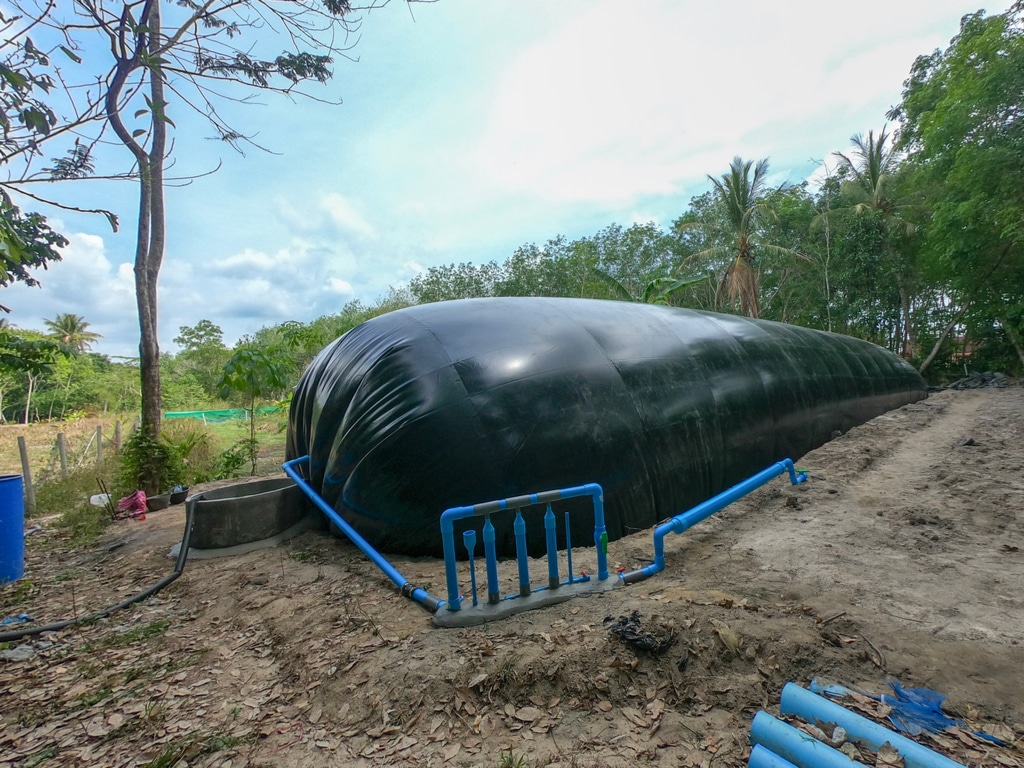Developing the biogas market in Ghana. This is one of the objectives of the Digital Global Biogas Cooperation (DiBiCoo) project that was recently launched at the local level in Ghana. It is an initiative of the European Union under its European Union Horizon 2020 Social Challenge programme, which brings together policy priorities “and addresses the main concerns shared by citizens in Europe and elsewhere”.
The Ghanaian part of DiBiCoo was launched in Accra during a workshop for stakeholders in the project: officials from the Ghanaian Ministry of Energy, the Deutsche Gesellschaft für Internationale Zusammenarbeit (GIZ) which is the German international development cooperation agency, the Ghanaian Biogas Association, the Scientific and Industrial Research Council (SIRC) of the Safisana Association, and the Private Finance Advisory Network (PFAN).
PFAN is hosted by the United Nations Industrial Development Organization (UNIDO) and the Renewable Energy and Energy Efficiency Partnership (REEEP). Several public utilities also attended the launch of DiBiCoo. Examples include Zoomlion, which manages waste in Ghanaian cities, and Sewerage Systems Ghana, which deals with wastewater.
A digital platform for the exchange of information on biogas
In Ghana, DiBiCoo will be implemented over a three-year period. The project will be implemented by the Institute for Sustainable Energy and Environmental Solutions (ISEES) of Ghana and a consortium of 12 other partners under the coordination of the GIZ. A platform will be created within the framework of DiBiCoo to connect biogas market players.
“The digital online platform will facilitate the exchange of information on available and adaptable European technologies as well as on framework conditions, market opportunities, research needs, funding opportunities and project ideas in potential importing countries, including Ghana,” explains Mutala Mohammed, Programme Director of the Bioenergy Unit of the ISEES and researcher at the CSIR.
Overall, DiBiCoo will facilitate cooperation between players in the biogas industry in Europe, with players in developing and emerging countries. “The implementation will involve mapping all stakeholders in the biogas sector in Ghana, including project developers, municipalities, industries, feedstock processors, feedstock producers, technology suppliers and financial institutions,” says Mutala Mohammed. The project will also enable the development of at least five biogas projects in the target countries as a “pilot project” up to the investment stage.
Jean Marie Takouleu
